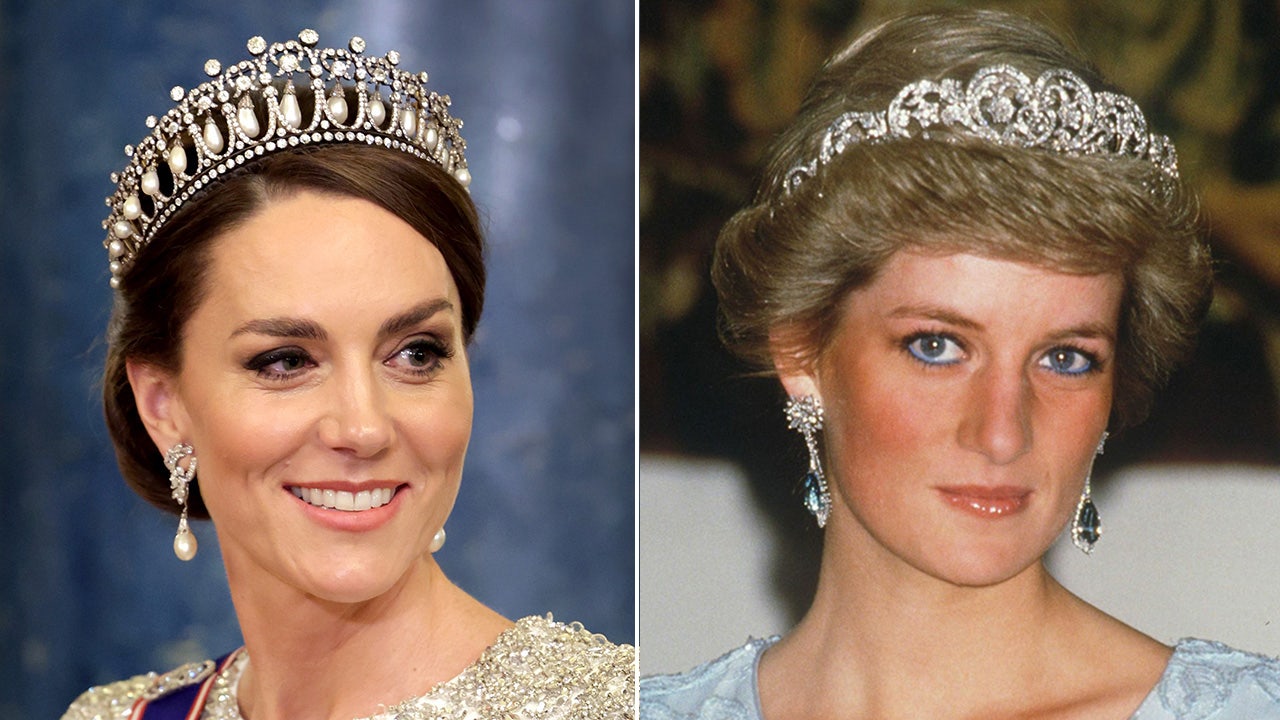Mother’s Day is a day for thankfulness and joy. But it can also be a difficult day for those who have lost their mothers. Not just those who have recently lost them, but all of us who mourn the women we lost—no matter how long ago—who gave to us first a literal home in their bodies and then afterward the understanding of love that constitutes a home. Whether your mother died this week or many years ago, your grief is understandable and, indeed, a kind of good.
I suppose I learned about that continuing grief first from my paternal grandmother, “Grandmary,” as we called her, who lived to be 95. Sometimes when I visited in her last years, I found her weeping. She was sad, she often said, because “everyone I know is dead.” By “everyone,” she meant her siblings (except one brother) and her own parents, especially her mother.
The next lesson came when Grandma Sowers, my mom’s mother, died a year after Grandmary did. My mom, the youngest child in her family, had lived with her parents in her 20s and early 30s until she married my dad. Throughout my childhood, many of our vacations consisted of traipsing the two hours from Bremen, Indiana, to Van Wert, Ohio, where Grandma and one of my mom’s sisters lived.
As Grandma Sowers got weaker, she moved in with my aunt and would visit our house for multiple weeks at a time. Though Grandma Sowers was also 95 when she died, and my mom 54, it was a hard loss. Mom sometimes had a hard time mustering the energy to go visit her aunt in the nursing home, though it was only a couple blocks away.
I suppose all this should have prepared me for my own mother’s death, a little over ten years after Grandma Sowers died. My mom fought uterine cancer for over five years before dying at age 63.
But no matter how ready you think you are, the death of a mother is a blow.
I was 29 and my brother 25 at the time. My cousin, Jennifer, who had lost her mom (Dad’s oldest sister) only about eight years before, said at the time that I would “always want to pick up the phone and call mom.” That prophecy echoed for me when I would call my dad on my parents’ old landline and get the answering machine with her voice still on it. The experience of the heart upon hearing that voice was harrowing: it was as if she were still alive.
Life moved on. Our one child at the time of her death became two and then many more. My dad remarried to Anne—a lovely caring woman of whom my mom would have definitely approved. Eventually, Dad and Anne died as well, both in their 80s.
I’m now 51. I still miss Dad and Anne, but not in the way I miss my mom. While the grief is not as constant as it was at the time, it still engulfs me when I see her handwriting, old pictures, or (heaven help me) a video of her that I or someone else took. I can sometimes hardly bear it.
What is it about the loss of a mother? Is it her early death? Is it just that I’m a mama’s boy? Probably both play into it. Add to this my thwarted wish that she could have been here to help and give guidance as we raise our children.
But there is more. Mothers exercise a place in the divine plan that definitely shows in what way women are made in the image of God. While Rudyard Kipling’s line isn’t quite theologically accurate, we know what he means when he says, “God could not be everywhere, and therefore he made mothers.”
Mothers show us the love of God from the very beginning by providing us our first home in her very being. They are not, however, merely a temporary vessel or hotel. The child outside the womb still finds a home with his mother. “A mother’s arms,” Victor Hugo wrote, “are made of tenderness and children sleep soundly in them.” Long after the children get too big to be held, mothers hold them in their hearts.
Even as an adult, my mother would feel—across state and even national lines—when I was feeling down or sick, often calling me just as I was about to call her. Even if it was only on the phone, she always gave just the right amount of sympathy and confidence that I would make it and that God would take care of me.
It is that capacity she had—and many mothers have—that makes a mother’s love appear seemingly limitless. It must be a universal thing since God Himself uses maternal love to give a glimpse of His own truly limitless love in the Book of Isaiah:
“Can a woman forget her sucking child,
that she should have no compassion on the son of her womb?
Even these may forget,
yet I will not forget you.”
Perhaps that knowledge of my mother’s love and compassion is why I cannot let go of her. Nor do I really want to. For the pain we feel is because of the love we still feel and want to feel always.
For those who have their mothers with them today, hold them tight and let them know how grateful you are. For those, like me, who miss your mothers, allow the memories to come and the tears to fall. In either case, give thanks for the love you have received—a love that was meant to introduce us to the love of God that, as Dante wrote, “moves the sun and stars.”
David P. Deavel teaches at the University of St. Thomas in Houston. A past Lincoln Fellow at the Claremont Institute, he is a Senior Contributor at The Imaginative Conservative. Follow him on X (Twitter) @davidpdeavel.
Read the full article here












